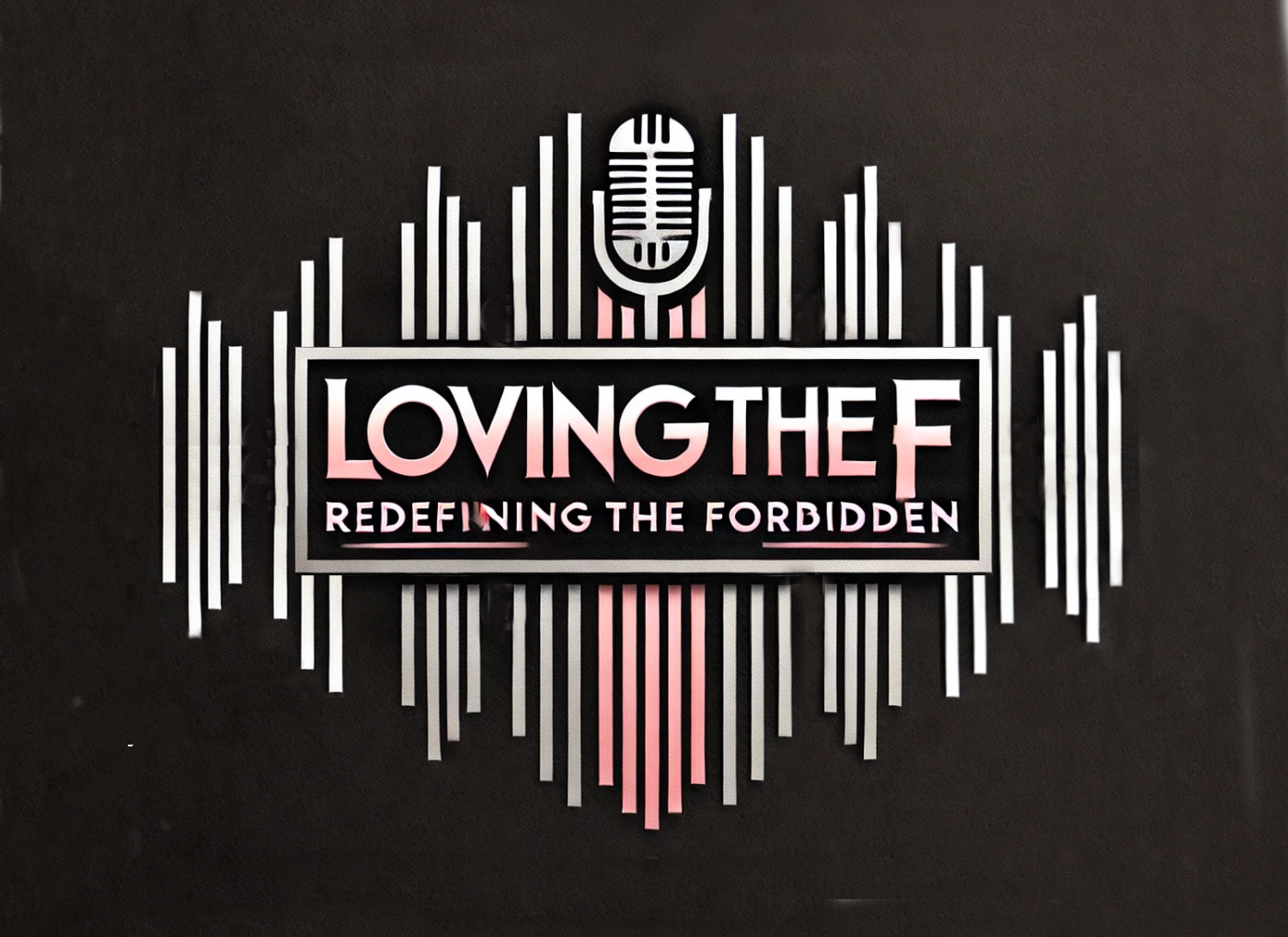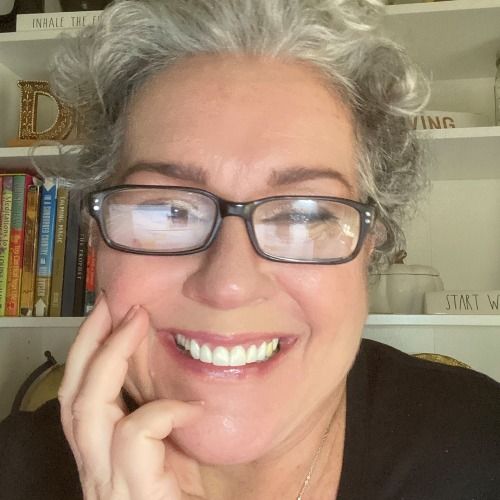LTF | IT'S OKAY
The salient moment of this episode revolves around the profound realization of saying "I'm done," which signifies a pivotal turning point in one’s journey toward self-empowerment and liberation from emotional turmoil. Melissa recounts her harrowing experience, traversing from a near medical crisis to a stark confrontation with emotional abandonment. In the midst of chaos and denial, she ultimately discovers her own voice, acknowledging the truth that had long eluded her. The narrative encapsulates the essence of survival, revealing that when one finally chooses to prioritize oneself, transformative change ensues. This episode serves as a resonant reminder that recognizing and asserting one's truth is not merely an act of defiance, but a fundamental step toward reclaiming one’s life.
Whether you’ve been there, are there, or fear you’ll never find the way out, this episode holds a mirror to what we carry, what we deny, and what we finally allow ourselves to let go of.
For anyone waiting for permission…
It’s okay.
Takeaways:
- The profound realization that the most concealed aspects of oneself often embody the truest power within.
- In the journey of self-acceptance, one must unapologetically claim their space and identity.
- Acknowledging and embracing the truth of one's circumstances is an essential step towards liberation.
- The moment of clarity often arises in silence, revealing the truth that must be confronted.
- Choosing to leave a toxic relationship can lead to newfound peace and personal empowerment.
- Support systems exist that respect individual autonomy and encourage self-discovery rather than impose their agendas.
Transcript
What if the thing you've been hiding is actually the most true, most powerful part of you? This is loving the F, where we don't apologize for taking up space. We own who we are, and we don't look back. I'm your host, Melissa Allison.
And here, we don't just talk about the forbidden. We embrace it.
I don't remember what I did with my baby. That's. That's the part that gets me. She was just over a year old.
I woke up that morning shivering, my face fuzzy, lightheaded. I was hemorrhaging, but I didn't panic. I didn't cry. I called my OB/GYN and asked if I should come in to be seen.
They asked about my symptoms, and after I listed them, they said, "Get to the ER right now. Do not drive yourself." But I did.
Once there, they started taking my vitals. They put me in three different positions to take my blood pressure. And after the third, things got serious real quick. IV, blood work, monitors, ultrasounds. They said I might need a blood transfusion. I might need a hysterectomy. They said, it could be cancer.
And I remember thinking how proud I was of myself for not asking my husband to leave work to be with me because he only showed up if I was having a baby. Any other time, he got annoyed. I called him to let him know what was going on, making sure not to ask him to come be with me. And of course, he didn't offer.
Miraculously, the bleeding stopped and they eventually let me go home. Once home, I ordered pizza for the kids, got in bed like they told me to before they let me go. They made sure I understood I was to do nothing.
They repeated how much blood I'd lost.
So, I held down the fort until after 9pm when he got home from working overtime. The baby was running around in a diaper. My little girl was watching her movies, and the boys were playing downstairs. I was focused on surviving. He grabbed some pizza, sat at the foot of the bed, and watched tv, oblivious to the chaos.
I waited until he finished his pizza and then asked him to check on the kids who had begun fighting. He did as I asked, but things got worse.
He started yelling at them and eventually brought them up to me as if he was their brother and not their father, tattling on them to me. I reminded him, "I've been in the hospital all day. You're their father. You've got this." And then he started yelling at me.
I don't know what he said, because suddenly I couldn't hear him. That would happen whenever he yelled at me like that. But this time, this voice of truth spoke to me in this muffled silence.
"This is the way it's always been. This is the way it's always going to be. Nothing is ever going to change." And I knew it was true.
I just sat there, absorbing what I couldn't deny any longer. I looked up at him and I said, "I'm done." And he knew exactly what I meant.
The path forward wasn't easy, but crazy things started happening.
I began to sleep sound without him. My home was peaceful. My own voice got stronger, and I began reaching out, asking for help. I found a shelter who helped me pick up the pieces.
They gave me a pamphlet about domestic violence. And despite it all, there was still this denial, resisting what I would soon realize was true. My husband was a typical abuser.
I learned about spiritual abuse. It's a thing I learned. Most abusers don't have a criminal record.
I learned that the government does a lousy job of protecting not just women, but children as well. And I learned that there are people out there who want to help you.
Not by forcing you to go to their church or meetings or whatever requirements they may have, but there are organizations who want one thing. For you to find your voice, to make your decisions. And then they do all they can to help you in those.
That voice in my head told me nothing would ever change. And it was right about him. But for me, everything has changed. Starting with my voice.
So if you're there now, hearing that voice, I want you to know something. It's not just your truth. It's your turning point. So, tell me, what if you already know what to do and just needed someone to say, "It's okay."
It's okay.
Thanks for listening to this episode of Loving the F where we look at the forbidden and say, hey, baby, if this stirred something in you, share it, rate it, send it to someone who's ready to hear it and come back for more. We are just getting started.


